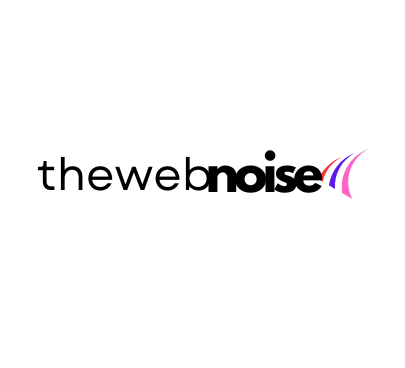Technological innovation has been rapid. In 1993, the Mosaic browser was launched. Recently, OpenAI released ChatGPT, putting into spotlight the effect of AI on society. AI could lead to hard-coding existing inequalities. Therefore, we have to ensure access, training and privacy standards for the fast-emerging AI to create a better future for all.

Overnight, each human on the planet may want to get admission to each library, museum, track catalog, and more, all in their lower back pocket. The 0.33 epiphany has simply came about with Sam Altman and OpenAI releasing ChatGPT.

ChatGPT, AI and Society
You can now ask it to write a press launch for your organization or entire your kid’s software to Stanford thru a simple, interactive question-and-answer format. The app will reply in seconds in a way indistinguishable from some thing a terrific human being would write.
You no longer have to face a clean display screen and a flashing cursor. AI can grant you with the tough draft for most innovative content. Enter a prompt, and it will supply you choices. Pick one of them and begin editing. Your artwork will be primarily based on your know-how and how you fine-tune the details.
Every exceptional soar ahead has huge consequences, from nuclear energy’s detrimental electricity to social media’s disruptive impact. The upward jostle of superior AI is no exception. As this technological know-how evolves, it will render thousands and thousands of jobs obsolete, impacting each and every profession. Accounting, journalism, innovative arts and even the judiciary will be affected. The transformational electricity of AI is evident. However, we ought to control its have an effect on on society to make certain that we create a higher future for all.
The previous can be a information to the future. Industrialization made many professions out of date and brought on huge disruption to society. Yet manufacturing facility automation, enterprise software program and industrial robots did now not end result in mass unemployment. On the whole, they made employees greater productive.

AI for Benefit of All
The first is access. We want to make AI technological know-how accessible to schools, libraries and neighborhood facilities so that each infant can get admission to it from an early age. Only then can we start to tackle the developing hole in earnings equality that plagues our society.
The 2nd is training. We need to instruct our younger people, mainly these in underserved communities, to use the magnificent strength supplied with the aid of new AI equipment such as Midjourney, Jasper and CoPilot. Getting our kids to simple studying comprehension via 1/3 grade is no longer enough. We will want to alternate the curriculum and set requirements for each and every baby to have fundamental talent in the usage of AI.
The 1/3 is privacy. We want to set clear privateness requirements to defend everyone’s private information.
Over the subsequent decade, the advantages of superior AI will have an magnificent influence on each and every quarter of our lives. But as absolutely everyone who remembers HAL 9000 in Stanley Kubrick’s visionary film A Space Odyssey knows, we would be clever to expect and control the unintended penalties of computer systems that dominate our lives.
It is important to remember that ChatGPT works by pattern matching across the entire corpus of previously collected human knowledge and extrapolating from the most likely word and number sequences from before.
It is good at providing drafts for editing and fine-tuning. But it is not capable of original thought. In the future, it may be necessary for us to clearly mark where ChatGPT has been used in content creation.
By doing so, consumers can decide how much to rely on its veracity. The context will matter—high confidence for a business meeting summary, less so for surgery instructions.
At the current rate of technological change, there is no guarantee that there will be another 50 years to set standards to manage the extraordinary advances that human ingenuity is creating.
We need to start thinking about them now. But, if we can take the lessons we’ve learned about protecting personal privacy, ensuring equal access, and setting the highest standards for trust and safety, this may be the biggest leap forward in human history.













